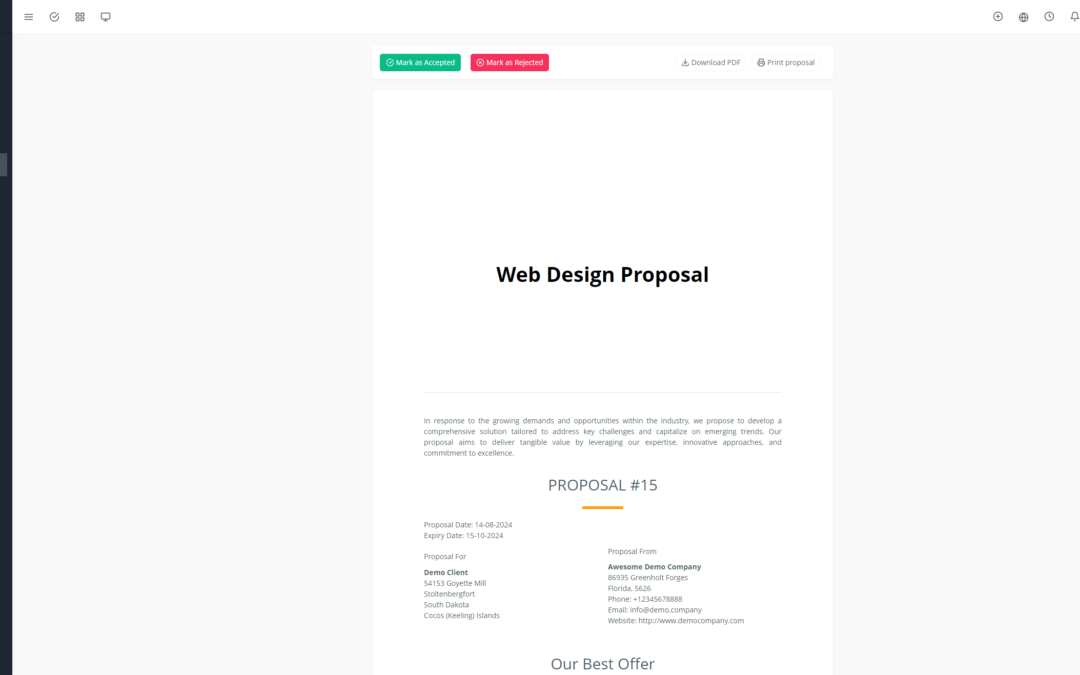In today’s digital world, data is a valuable asset for businesses. Your SaaS CRM is the heart of your customer relationship management strategy, containing sensitive information about your customers, prospects, and operations. It’s crucial to take steps to protect this data from security threats.
This article explores best practices for securing your data in a SaaS CRM, allowing you to focus on growing your business with peace of mind.
1. Choose a Reputable SaaS CRM Provider Known for Security
The first step to data security is choosing a reliable CRM SaaS provider that prioritizes security. 🔐
Look for Security Certifications: Certifications like ISO 27001, SOC 2, and GDPR attest to strong security practices and compliance with industry standards.
Read Customer Reviews: Feedback from other users can provide valuable insights into the provider’s security track record.
Review the Privacy Policy: Make sure the provider’s policies align with your data security and privacy requirements.
2. Evaluate the Provider’s Security Policies
Once you’ve chosen a provider, thoroughly review their security policies to ensure they meet your standards. 🕵️♀️
Industry Standard Compliance: Inquire about the provider’s compliance with the latest security standards, such as GDPR, CCPA, and HIPAA, depending on your industry’s needs.
Data Encryption: Ensure the provider encrypts data both at rest and in transit to protect sensitive information from unauthorized access.
Risk Management: Understand how the provider manages data security risks and what their protocols are in case of an incident.
3. Implement User-Level Security Measures
Protect your data by implementing user-level security measures, such as:
Strong, Unique Passwords: Encourage the use of complex and unique passwords for each CRM account. 🔐
Two-Factor Authentication (2FA): Enable 2FA to strengthen the security of CRM accounts. 💪
Access Control: Limit access to CRM data to employees who truly need it, using the principle of least privilege. 🔒
Employee Training: Educate employees on data security best practices and potential threats. 🧠
4. System and Data Security
Robust security measures for your CRM system ensure your data is protected from unauthorized access and cyberattacks. 🛡️
Data Encryption: Make sure the provider uses robust encryption to protect data at rest and in transit.
Monitoring and Logging: Configure a robust logging system to track access to CRM data and monitor for suspicious activity. 👀
Permissions and Roles Configuration: Define appropriate permissions and roles for CRM users to ensure only authorized employees have access to data. 🧑💼
Data Retention and Deletion Policies: Establish clear policies for data retention and deletion, taking into account applicable regulations. 🗑️
5. Stay Proactive Against Threats
Data security is an ongoing process. Stay proactive and adapt to emerging security threats.
Regular Updates to CRM Software and Plugins: Security updates patch vulnerabilities and protect your system from attacks. 🔄
Additional Security Tools: Utilize additional security tools, such as firewalls, antivirus software, and intrusion detection systems (IDS), to strengthen CRM protection. 🛡️
Penetration Testing and Security Audits: Regularly conduct penetration testing and security audits to identify potential security flaws. 🔎
Data Protection Regulation Compliance: Ensure your CRM is compliant with data protection regulations, such as GDPR and CCPA. ⚖️
6. Collaboration and Communication
Effective communication is key for effective security.
Obtain Stakeholder Approval: Get stakeholder approval for all security-related changes to ensure understanding and consistency. 👍
Security Awareness Program: Implement an ongoing security awareness program for employees, educating them on best practices and the latest threats. 🧠
In Conclusion
The security of your CRM data is critical to the success of your business. By following the best practices outlined above, you can ensure your data is protected and your business is safe from potential threats. Remember, security is an ongoing process, and vigilance and proactivity are key. 💪

